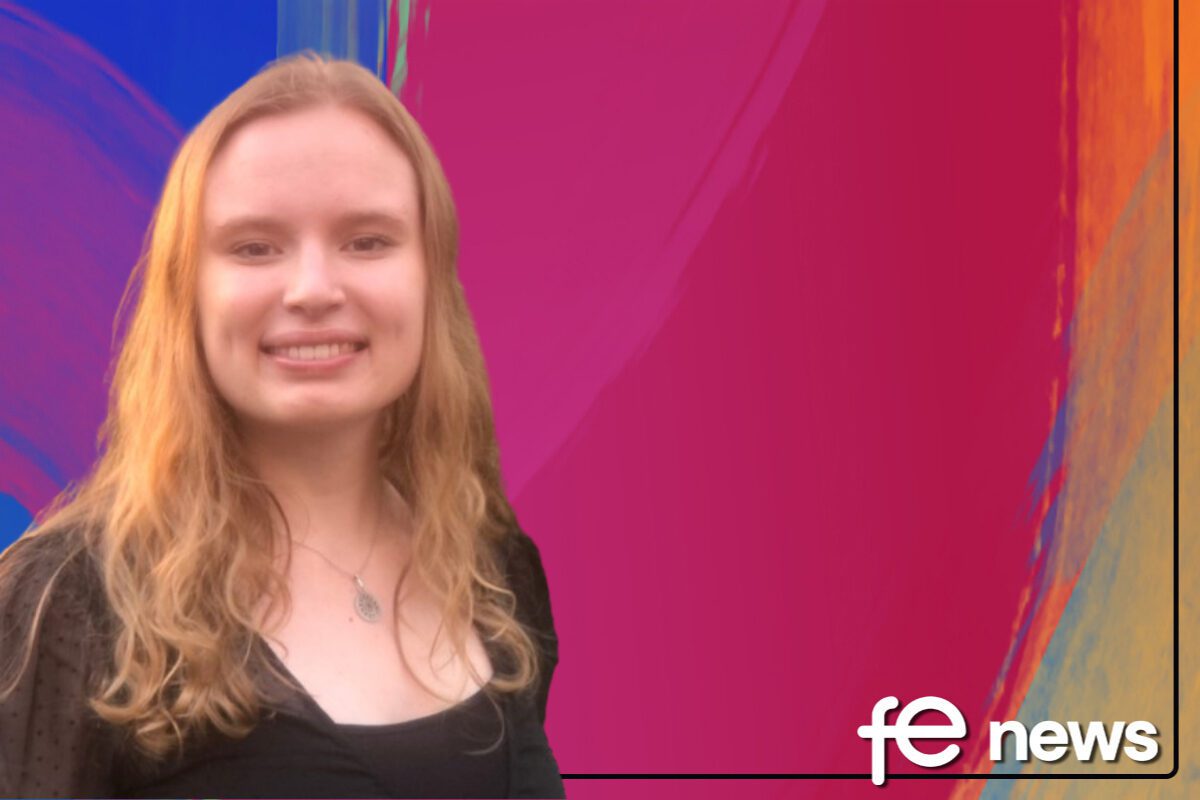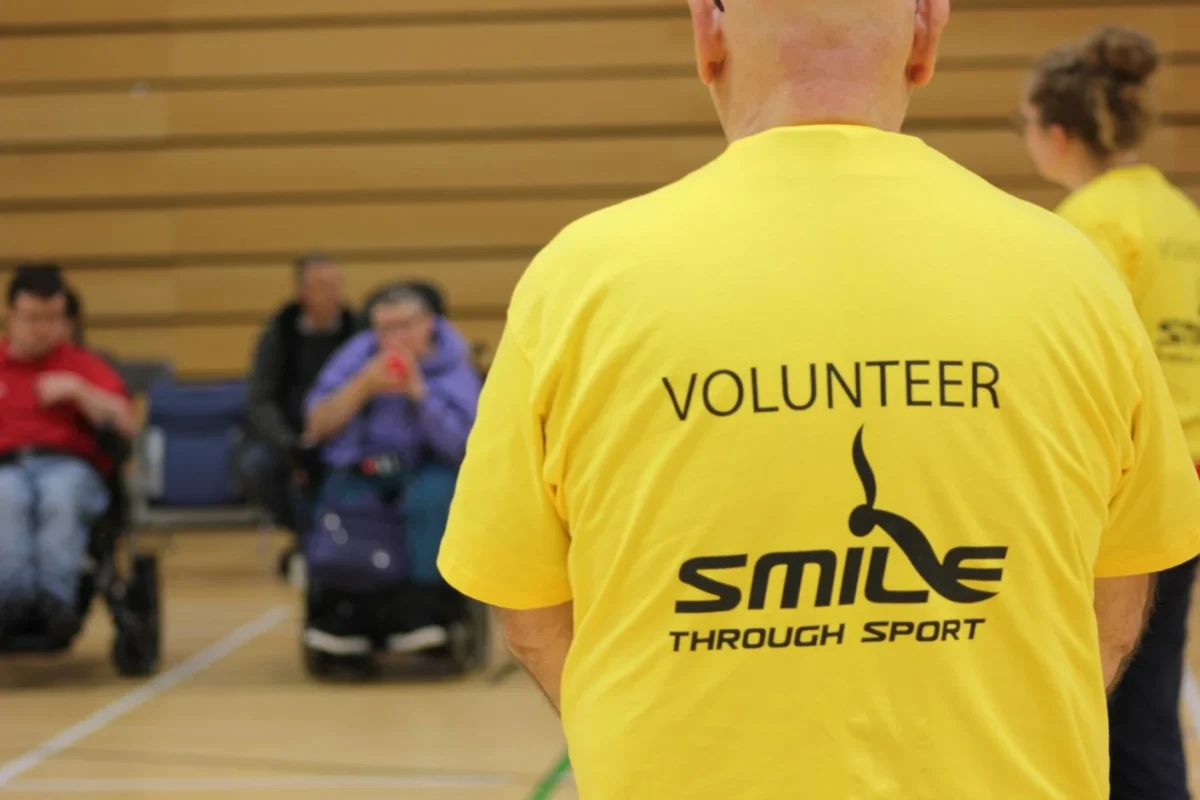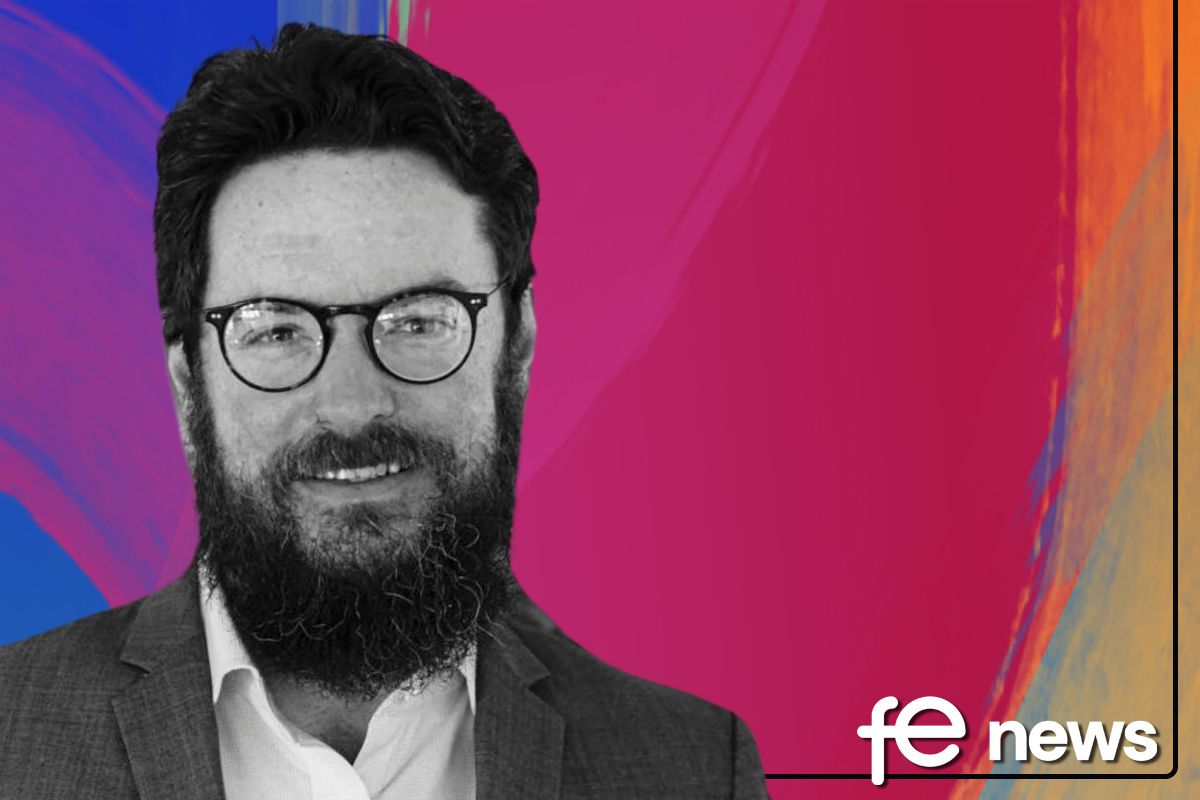‘Experts by experience’: why who leads peer research matters

In a project co-ordinated by The Young Foundation and driven by investment from The National Lottery Community Fund, a new Youth-led Peer Research Network of 16- to 20-year-olds across England explores the post-Covid priorities of young people. Alice Bell shares the stories behind the research, which publishes today.
How much does an average young person know about social research? To those who are far-removed from traditional research institutions, the profession can feel inaccessible, or even unknown – especially as many organisations still have far to go on diversity and inclusion. There is a power imbalance: on one side, those that tend to be ‘researchers’; on the other, those that tend to be ‘researched’.
Shaking things up
Peer research intends to shake up these power relations. It advocates that who is involved in research is important – enabling people with relevant lived experience to take the reins. Embracing a ‘nothing about us, without us’ ethos, the method brings the voices, perspectives and experiences of communities closer to decision-making and policy, involving ‘experts by experience’ to foster more authentic outcomes.
A collaborative research project, funded by the National Lottery Community Fund and led by The Young Foundation – the findings of which publish today – is a great example. A Network of 16- to 20-year-old researchers came together to explore the future priorities of other young people around England, in order to inform youth funding provisions. Curious about their communities, these researchers were supported to translate their passion into evidence and action, harnessing their potential as the change-makers of today.
A unique vantage point
Meeting the Yorkshire and Humber group for the first time, a 16-year-old member of the Network reflected, “I was surprised as to how varied the people attending the regional meetings were and, although we come from the same area, how different the places we live are.”
Whether talking about the education system or climate crisis, a young person will naturally have a different vantage point than a policymaker – and each individual has a unique point of view, shaped by their identity, background, and experiences. The Network therefore aimed to access a wide range of youth voices, amplifying these in contexts where they are too often ignored.
Embarking on the fieldwork, a 16-year-old researcher from Cumbria was “really excited to … see what perspective [participants] are coming from and their opinions.” She recognised the value that her position as a ‘peer’ brings, by changing the power dynamics of research: “I’m most confident about creating a calm and safe atmosphere for the young person to answer my questions truthfully. I’m also confident about talking to them and prompting them when (and if) needed. I am worried that the young person won’t feel open enough to talk to me because it is a bit of a scary situation to be interviewed by someone you don’t really know, however I hope that my friendliness will put them at ease.”
She went on to highlight the challenge of accessing authentic insights: “my biggest fear is that my younger participants feel too anxious and just go along with what they think is the ‘right’ answer. I think what is important is encouraging them to speak their mind by reminding them that there really is no right or wrong answer because it is just your own opinion!”
Elevating the ‘who’
Although peer researchers share common characteristics and experiences with research participants, biases and power imbalances are not fully eliminated. There is a careful line to tread to ensure that an assumption of empathy does not cloud insights or skew the research process.
Premising objectivity, traditional approaches insisted on creating distance between the subjects and objects of research. However, through a poststructuralist turn in academic thinking, feminist, decolonial and queer, among other, scholars began to critique such approaches. Rather than aiming for objectivity, they conceptualised research as “intensely personal” and highlighted how a researcher’s experiences and outlook inevitably influence research processes and outcomes. Elevating the ‘who’ of research as integral to accounts of research methodologies, reflexivity became a prominent practice. This involves being self-aware and reflecting on the influence of your own subjectivity on the research process.
Self-awareness
The Network’s youth peer researchers were encouraged to incorporate this self-awareness into their practice. A 17-year-old researcher from London reflected on her pilot interviews: “I found it difficult to stay on topic, and also – when it becomes really conversational – it’s difficult to keep your opinions aside and make sure you aren’t influencing the respondent. This would be particularly difficult if you are interviewing someone that you know personally. I did really enjoy this task though and I liked hearing other people’s opinions on how to solve the biggest problems in the area.”
This process of reflection also enabled the peer researchers to get to know themselves better, consolidating their learning and recognising their growth and development. For instance, an 18-year-old researcher from Somerset reflected on the skills she developed: “I feel my confidence has definitely been positively affect[ed], especially with talking to new people. I also believe that my listening skills have developed through this experience, and it has made me appreciate other people’s opinions.”
On completion of the project, the 16-year-old Yorkshire and Humber researcher, concluded on the broader importance of self-critical communities:
“it has been amazing to find out what issues people are facing in my community and I also think I have really grown in confidence when talking about difficult topics and how to ask questions effectively. I think that’s a skill that everyone should have so that we can always understand the world around us. How can we respect different points of view if we can’t ask them to explain where they are coming from and what that might mean for us?”
Remaining supportive and critical
Fast-growing enthusiasm for peer research in the UK presents opportunities and challenges, and these youth researchers’ reflections highlight the need to remain both supportive and critical when involving communities in social research. This is imperative in gaining insights that are meaningful for decision-makers as well as those affected by these decisions. It will also help to diversify research, welcoming a broader range of voices.
The Youth-led Peer Research synthesis report and regional outputs publish today exploring young people’s solutions to the mental health crisis, among other priorities.
Interested in peer research? Join The Young Foundation’s Peer Research Network.
Alice Bell is a Research Officer at The Young Foundation, the UK’s home for community research and social innovation. Alice initially joined the not-for-profit as an intern in 2020, after graduating from the University of Cambridge with a geography degree. Previously, she gained experience as a Government Social Research intern. Through her work, Alice is enthusiastic about exploring innovative and inclusive methods to involve diverse communities in impactful research. She is particularly inspired by approaches that challenge the power imbalances in dominant forms of knowledge production. Beyond research, Alice continues to engage with these issues through her involvement in the Fawcett Society’s East London local group.











Responses